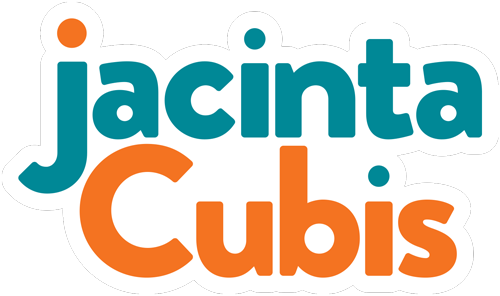Checking in
I’ve been doing a lot of checking in lately. Airlines. Hotels. And with groups who want to collaborate.
All involve sharing your name and baggage. This is usually less explicit with groups -– at the start anyway.
I generally roll a ‘check in of who is in the room’ into my welcome. That can take anywhere from a minute to one hour. Depending on the group, the topic and the context.
If I ever make the mistake of saying, “Let’s check in first,” I can almost guarantee the reactions I’ll get .
“Harrumph! Let’s just get on with it!”
“Sigh. I don’t want to know how everyone’s feeling – not at work!”
“Oh no! Don’t make me talk in front of everyone!”
“Oh goody! Now I can tell everyone the funny thing that happened to me at the café, after the train got delayed, and then I bumped into a friend and…….(!!)
“Good. I don’t know everyone.”
“Phew. I’m glad we’re not diving straight in.”
Those these are mostly unsaid, you can feel the waves of contrasting protest and relief if you invite people to introduce themselves.
So think about not doing it that way.
Check ins might be done standing up. in a line up to see where people live, what they do for a living, what languages they speak. A whole variety of ways.
I remember a few years ago, on country in the Kimberley in Western Australia, that we had dinner, breakfast and lunch together before we sat down to talk about the issue at hand. And endless cups of tea. I’d never experienced such a comprehensive ‘check in’. This group of traditional owners showed me that the time for checking in and getting to know was as important, if not more important, than any formal conversation about a partnership.
There’s loads of facilitation theory and research* that attests to the value of checking in with a group. It’s vital to ground people, to focus them and unhook them from the many worries, distractions, deadlines and feelings that accompany them into the room.
But it doesn’t have to be self-conscious. We don’t have to go around a circle, say your name and one surprising thing about yourself (spare us all!)
Why make it artificial? You wouldn’t start a dinner with a group of your friends who don’t know each other that way.
Treat the start of a group like you would the start of any dinner, lunch or party. As the facilitator, or leader, of the group, it’s your job to make people feel as comfortable as possible. What do people see when they walk in? How are they welcomed? What music is playing? Is there something for them to ‘do’ or look at to give them something to talk about with people they may not know?
I think we should take as much care with the groups we facilitate. Especially so if we’re expecting the group to collaborate to try to solve a tricky problem. Collaboration is hard.
We’re all people, it should be easy. But it’s not just people in the room. It’s personalities, egos, moods, hang-ups and insecurities. Lack of confidence, uncertainty, the imposter syndrome, fear of looking stupid and a dread of conflict. It’s diverse backgrounds, interests and styles. It’s groupthink. It’s crowded in there!
So while it’s hard, collaboration can be learned, as Professor Nancy Roberts noted years ago.
And it can start with how we check in with each other is one of those deceptively simple skills that can be learned. The best way is to model it.
You can’t get on the plane if you don’t check in. Nor can you get the key to your hotel room and that inviting bed and room service menu.
You have to check in with a group but it doesn’t have to be like a ‘hippy trippy’ display of feelings and emotions.
It could even be a self-check in. We’re used to those at the airport. Why not invite participants, next time, to check in with how they’re ‘feeling’ or ‘what’s on their mind’ on their own. I often ask them to draw a face that shows their mood. They keep it to themselves and we might go back to it at the end of the day to see if their mood has changed.
It’s like taking a visual pulse before diving into the pool or going for a run. Or as the trainer said at calisthenics this morning:
‘“Don’t ever lift a weight without checking first. Check your grip, your stance, your posture. Does it feel safe? Then you can lift.”
So next time you facilitate, spend a bit of time planning how will the group check in on who is in the room. What ways can you try to invite people to share their name, and perhaps, put down their baggage. Later on, they may even open it a little to show people what’s inside.

